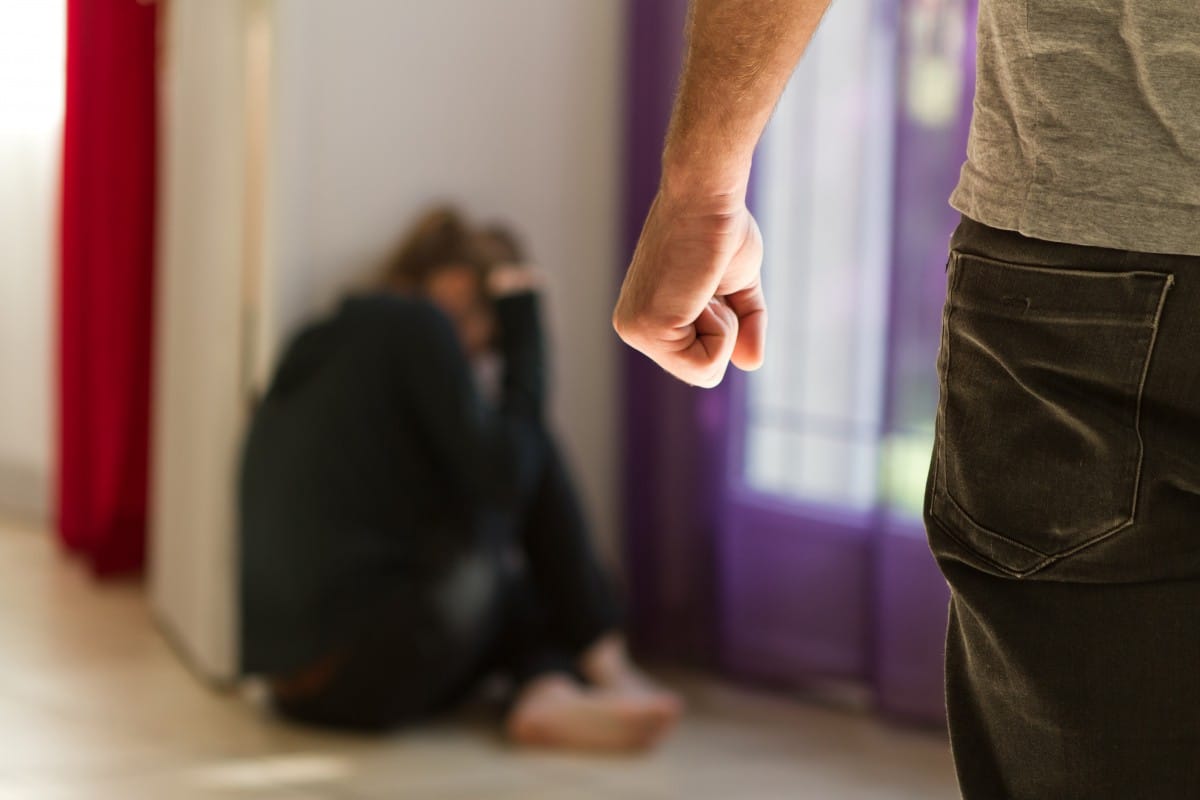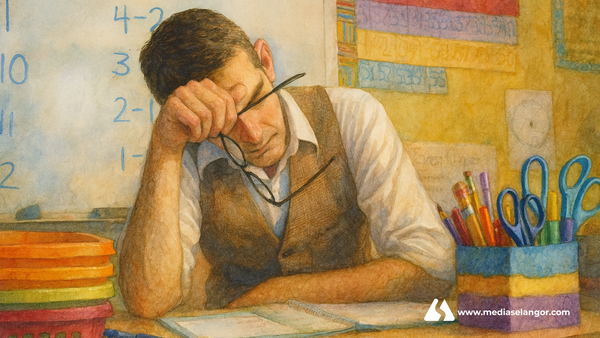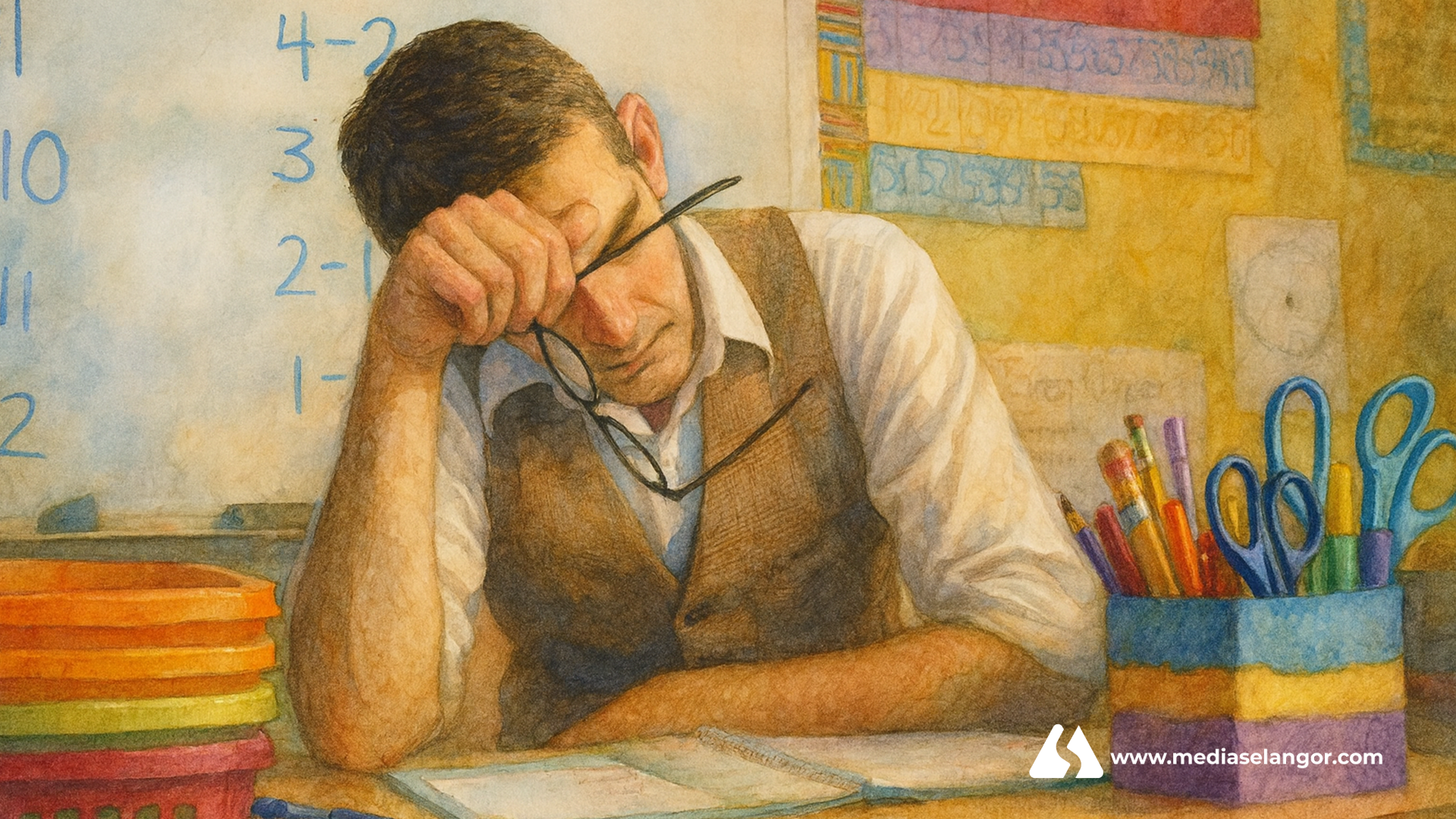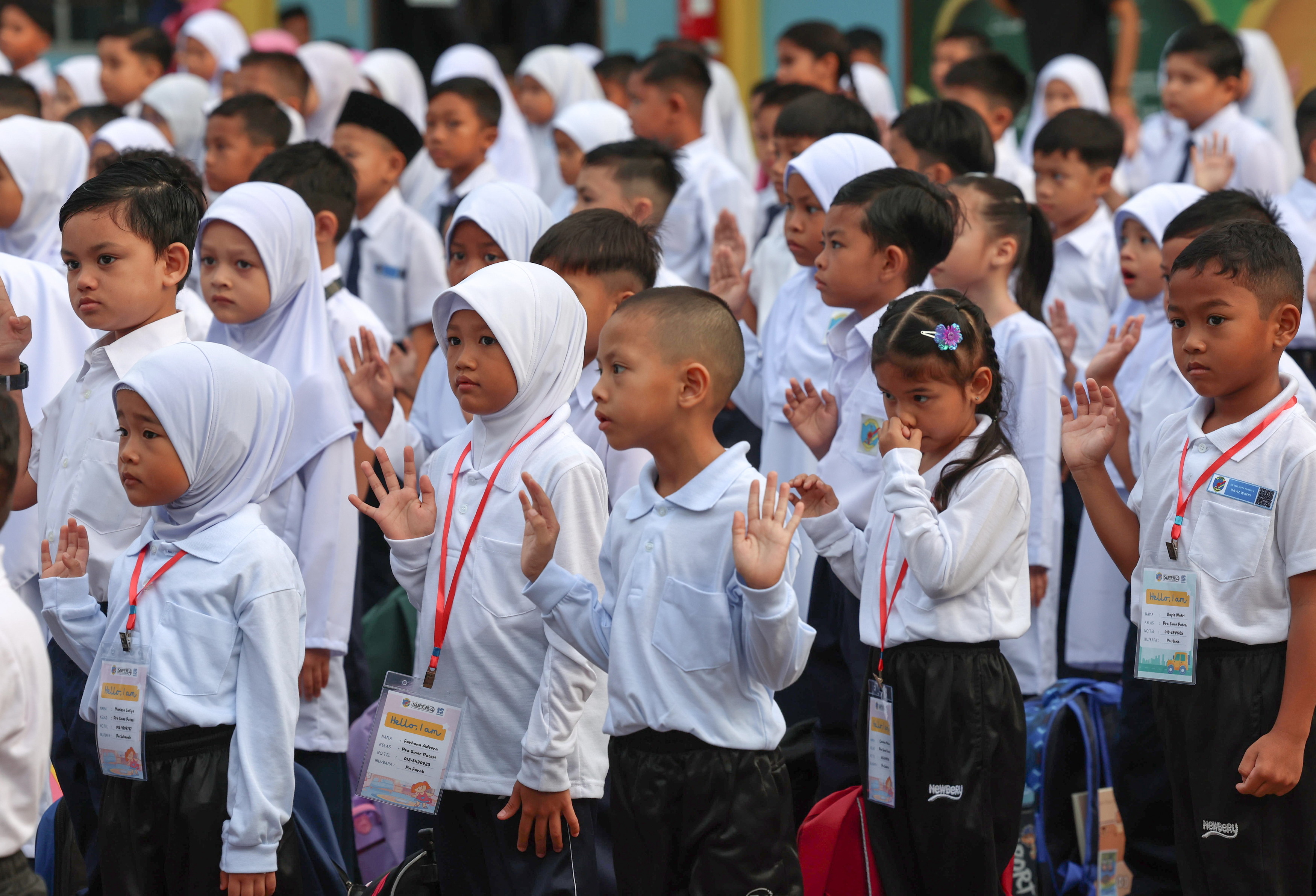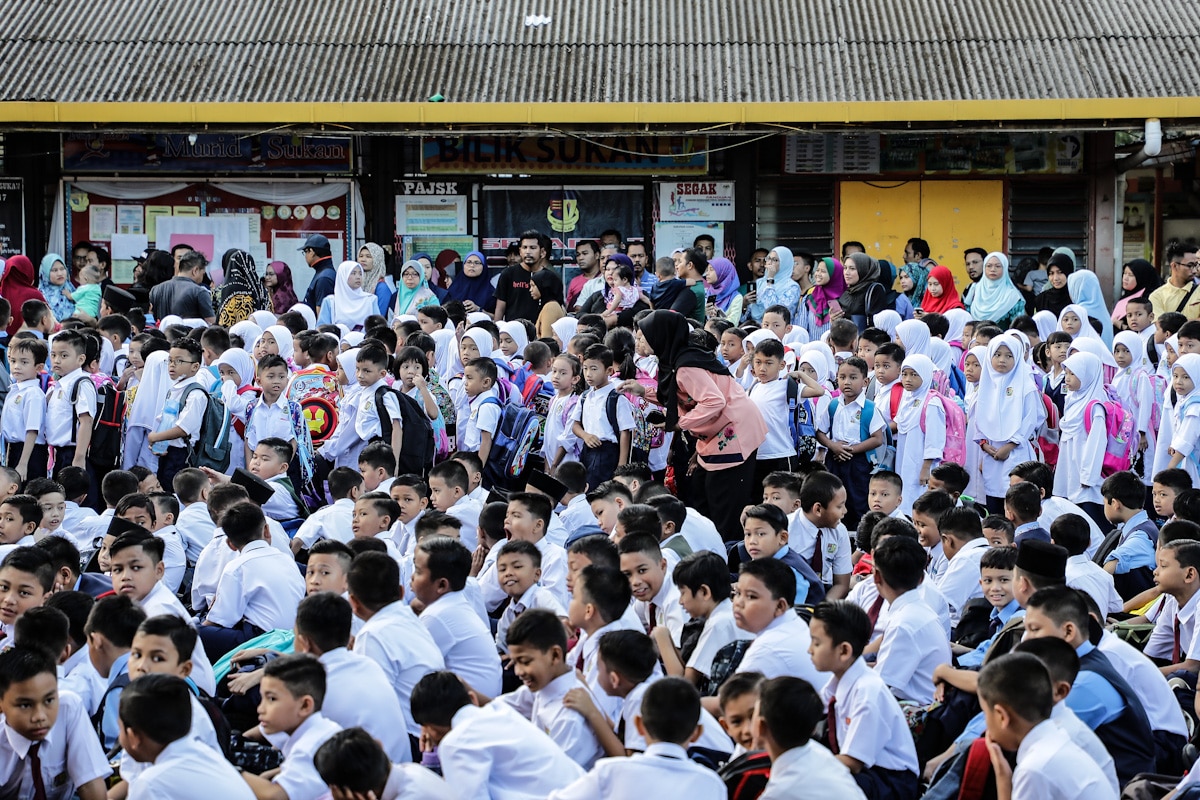SHAH ALAM, Oct 27 — Teachers face an unfair burden when society assumes that only they and educational institutions are responsible for shaping students’ character, said children’s rights activist Alina Amir.
She said that the development of moral values is a continuous process that requires the involvement of all parties, since teachers spend only a few hours each day with their students.
Society’s overreliance on schools or educational institutions has led to the gradual neglect of parents’ and communities’ roles in raising children.
“We send our children to school and expect them to return as perfect human beings. In reality, the most important lessons about values and morals often take place at the dining table, in conversations during car rides, and through how adults interact with one another.
“So, children learn more from what we do than from what we tell them to do. We need to change this narrative. Schools are partners, not substitutes,” Alina told Media Selangor.
Reports show that between 2011 and 2022, the highest number of early retirement applications came from Malay- and English-language teachers, a phenomenon the National Union of the Teaching Profession (NUTP) attributes to heavy workloads and a lack of digital skills.
Education Minister Fadhlina Sidek said the top six subjects for optional retirement applications were the Malay Language (2,862), the English Language (1,146), Mathematics (1,015), Islamic Education (755), Science (629), and History (483).
Meanwhile, Alina, the chief executive officer and founder of Arus Academy, described children's moral development as a 'gotong-royong' effort involving families, communities, and schools.
She emphasised that the roles of parents and the community are fundamental in teaching children empathy, mutual respect, and integrity, while schools should focus on academic learning.
“Today, many parents are busy, and communities have become increasingly individualistic. These relationships may be growing weaker, so a positive step would be to rebuild the community safety network,” Alina said.
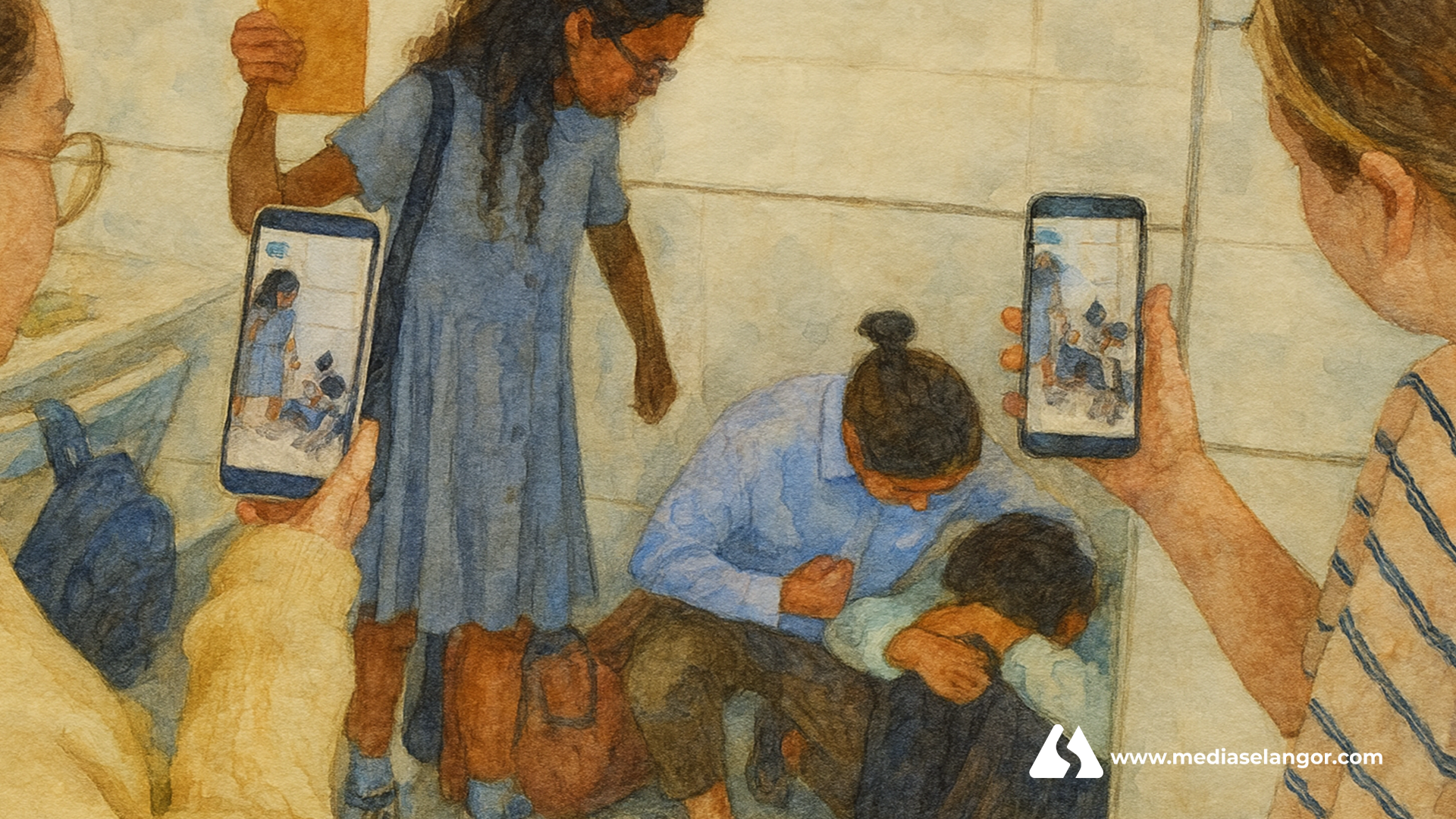
The activist also noted that the weakening of human connections has left today’s teenagers with fewer safe spaces to truly be themselves, leading many to form virtual ‘friendships’ instead.
This has caused young people to become isolated in their own worlds and to feel constant emotional pressure to appear perfect on social media.
She said it has created a wide gap between real life and the curated images they project online, leaving many struggling with anxiety and feelings of inadequacy.
“Socially, they may have many online friends, but in reality, they lack meaningful connections. As a result, they have fewer safe spaces where they can be themselves or show vulnerability without being judged,” Alina said.
To handle this, she suggested that neighbourhoods create more activities involving both adults and teenagers to build trust and safe spaces beyond those provided by parents and teachers.
At the school level, Alina proposed forming community circles — informal, relaxed spaces where parents, teachers, and administrators can come together to share perspectives.
“When people know and trust one another, it becomes easier to work together when problems arise. Non-governmental organisations also play an important role as bridges and catalysts for change, connecting schools with the wider community.
“They can introduce expertise and programmes that may not exist within the formal system, like emotional and social skills workshops, or arts-based activities to help young people express their feelings in healthier ways,” she said.
Earlier news reports highlighted several recent criminal incidents involving school students, including bullying, rape, and murder in various states.
The most recent case involved a 16-year-old female student who was fatally stabbed multiple times by a 14-year-old male student in a school toilet in Bandar Utama.
Before that, the nation was shocked by a case in which a Form Three student was recorded and gang-raped by four senior students at a secondary school in Alor Gajah, Melaka.
